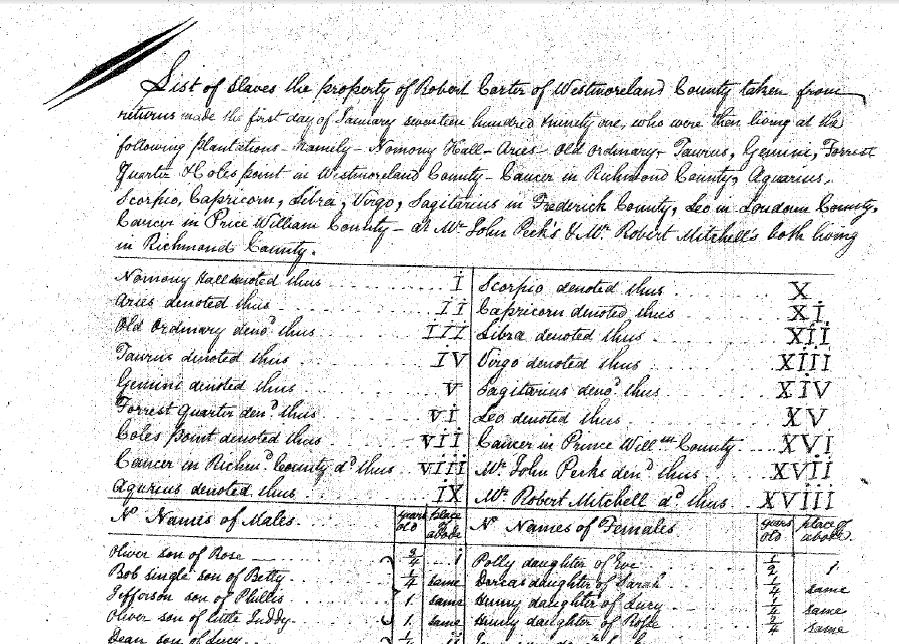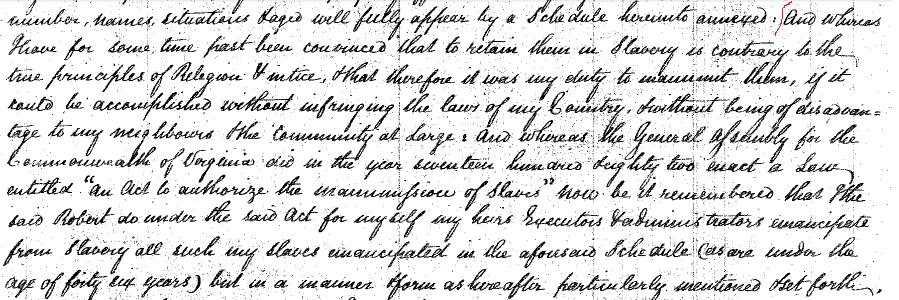Guest post by Michael Coulter
David Barton was interviewed for the July 4, 2012 edition of the 700 Club. It is 9 minutes of remarkably misleading television. There are many false claims about Jefferson, but I want to focus on Barton’s reference to our book Getting Jefferson Right in this post.
Without being asked about the book, Barton says:
A lot of that goes back to a whole academic viewpoint of Deconstructionism. . . there’s a couple of professors who hate this book and they’ve got a book written to rebut it and they start up right up front saying “hey you think American exceptionalism is a good thing. It’s not. American exceptionalism is terrible.” That tells you the philosophy. They don’t like America as that position. And Jefferson six of the ideas he put in the Declaration are the basis of every idea in the Constitution. That produces American exceptionalism . . so if you’re going to tear apart American exceptionalism, you’ve got to tear the guy who founded it. And so you go after Jefferson and other founders . . . If you don’t like American exceptionalism, you’ve got to take him out. That’s really the target of academics. (2:49-3:50)
Here’s what we wrote in the introduction of GJR about American exceptionalism:
Barton then argues that the “joint influence of Deconstructionism and Postructuralism” has undermined “American exceptionalism.” The problem with this brief reference to the phrase, “American exceptionalism,” is that Barton uses the phrase as if it has a single and agreed upon meaning, and that meaning is that “America is blessed and enjoys unprecedented stability, prosperity and liberty.” The problem with this characterization is that the phrase, “American exceptionalism,” lacks a single, canonical definition. There is no one author that can be said to have indisputably originated the idea. Raymond Smith says that it is a “school of thought that views U.S. politics and society as a distinctive product of unique circumstances.” The components of American exceptionalism, according to Smith, include social mobility, a distinctive national creed, and unique institutional development. Smith also asserts that “American exceptionalism” also sometimes “carries a connotation of superiority” with respect to democratic practices. Smith further argues that the xceptionalist perspective has been used to justify expansionist or aggressive military policies undertaken by the US government. Some, like Smith, see the term used in a variety of ways; others, such as Michael Ignatieff, a public intellectual and scholar of human rights (and currently the leader of the Liberal Party in Canada), sees the term as mostly negative asserting that it refers to “human rights narcissism,” which refers to the embrace of negative rights at exclusion of positive rights; “judicial exceptionalism,” which refers to the position that foreign court practices and rulings are irrelevant in the United States; and to “American exemptionalism,” which is the view that the United States can and should be exempt from some multilateral treaties and institutions (such as the International Criminal Court). Harold Koh, a Yale professor of international law, argues that American exceptionalism includes a favorable element such as “a distinctive rights culture” but also a “problematic face . . . when the United States actually uses its exceptional power and wealth to create a double standard.”
For deconstruction, post-structuralism, and American exceptionalism, Barton takes complex terms and uses them in a way that nearly all scholars would not recognize. (Note: footnotes that accompany this portion of text in book are here removed.)
Our point is rather straight forward: Barton uses a term whose meaning is contested, but he uses it as if it has a single, uncontested meaning. We do not say that “American exceptionalism is terrible,” but we acknowledge that some writers use the term in a negative way.
In social life, there are many terms whose meaning is contested. Take a commonly used term, such as conservative. There is no single agreed upon definition for that term. Rush Limbaugh, David Brooks, Russell Kirk, William Buckley – all significant American conservatives – would all have different definitions of what is a conservative. No one can reasonably claim that there is a single definition of a conservative. In the same way, there is no single definition of American exceptionalism.
Moreover, Barton says, “They don’t like America as that position,” even though we say nothing remotely like that. And further our aim is not to “tear apart American exceptionalism.”
As a biographical note, I presented a paper at a 2011 conference hosted by Grove City College’s Center for Vision and Values on Alexis de Tocqueville and American Exceptionalism (the presentation can be viewed or heard by clicking the link, wherein I argue that Tocqueville could be understood as promoting a modest version of American exceptionalism – by which I meant that Tocqueville saw the United States as having a distinct political culture and circumstances which enabled the growth and operation democratic political institutions (but not the immodest version of American exceptionalism which sees the US as some kind of chosen nation). You can’t listen to that talk and call me someone who hates the concept of American exceptionalism. Moreover, if one looked at my course syllabi with their plentiful selections of Federalist Papers and other documents from the founding era as well as lengthy passages from Tocqueville’s Democracy in America, one could not conclude that I am trying to “tear apart American exceptionalism.”
It seems that Barton cannot confront our criticism of his claims with discussions of texts and facts, but must go to a classic type of bad argument – the ad hominem criticism. Warren and I are certainly not bothered by ad hominem criticisms, but we do wish the Barton would respond to what we actually wrote, rather than what he imagines we wrote.
And one more thing. Perhaps Barton would find this distinction unintelligible, but we don’t hate his book (or him). We find many of his claims to be erroneous and his arguments to be specious, but that’s not the same as hating something (or someone). Hate derives from fear or in response to real or perceived threat or injury. Our criticism arises from dispassionate analysis of his claims.

